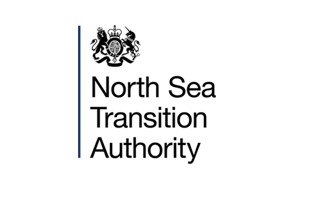
The NSTA’s Operations Directorate carries out structured, tiered stewardship reviews as part of its ‘business as usual’ operations. Where an issue arises that requires the NSTA’s attention, this will usually be dealt with initially through this stewardship process.
Where an issue may have an impact on the principal objective of maximising economic recovery of UK offshore petroleum (‘MER UK’) and has not been resolved by stewardship, active facilitation may be required. This marks the start of the NSTA’s measured escalation process.
When the NSTA considers the failure to progress an issue may potentially have an adverse impact on MER UK or more generally be non-compliant with a petroleum-related requirement, the level of facilitation increases. The move to enhanced facilitation will usually be announced in a letter from the NSTA Director of Operations to the relevant parties. Enhanced facilitation is timebound to ensure the issue receives the appropriate focus and attention from the parties involved, within a clear timeframe.
The first three stages in the escalation process – stewardship, facilitation and enhanced facilitation – are all dealt with by the NSTA’s Operations Directorate. The NSTA expects that, in most cases, an issue is likely to be resolved through the facilitation or enhanced facilitation processes.
Where an issue has not been satisfactorily resolved by stewardship, facilitation or enhanced facilitation, then it is likely to be reclassified as a case for further examination by the NSTA’s Disputes and Sanctions Team within the NSTA’s Regulation Directorate


